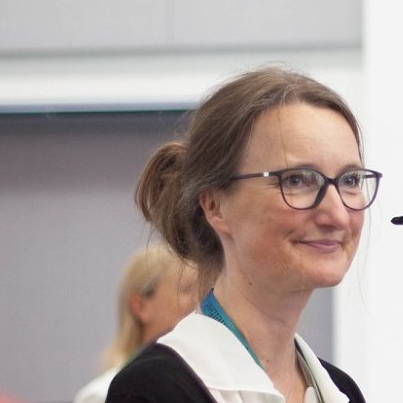Equality, Diversity and Inclusin issues in Speech Technology
Project Description
Speech technology has undergone a revolution in the last decade with deep learning approaching opening up for speech-enabled interfaces on many devices. One area that has benefitted is applications in the healthcare domain such as tools for the automatic assessment of cognitive impairment; apps for the tracking of signs of depression and anxiety; and speech recognition systems for people with atypical voices. Recent research (such as that led by Christensen and team) has shown the promise of these approaches; many of them are at a high TR-level where the natural next step is to port to real-world trials. However, this translational stage will incur a number of challenges including several related to EDI aspects. In particular: Underpinning AI is based on biased data: current approaches and models have been developed using data with structural bias ‘built in’ including not being representative of the general population in terms of ethnicity, accent background, socio-demographic and educational background. The resulting AI-based models will not generalise to the public as a whole. Current approaches may not handle increased variety: when more representative data is collected, current state-of-the-art approaches for training the computational models may not be appropriate as variance increases. Inclusive and accessible research participation of key stakeholders: a lot of work has been done to include various end-user groups in research to better understand their requirements and needs. PPIE (Public and Patient Involvement and Engagement) is key however, focus groups and patient advisory groups are invariably put together of patients, carers and families already involved with e.g. NHS work. This is not a representative group and we know that e.g. many ethnic communities are reluctant to seek help from the NHS let alone to sign up for any additional research projects. Their voices are therefore not heard.
People and Partners
Working with three PhD students: [Megan Thomas](https://www.linkedin.com/in/meg-thomas93/?originalSubdomain=uk), [Samuel Hollands](https://www.linkedin.com/in/samuel-hollands-a0057b15b/?originalSubdomain=uk) and [Sebastian Ellis](https://www.linkedin.com/in/sebastian-ellis-5b4348222/?originalSubdomain=uk).
Funders
This project has received funding from Research Englands Institutional funding to support the understanding of our research culture and explore ways to improve it. </a>.
